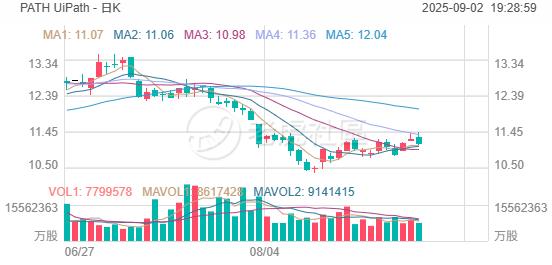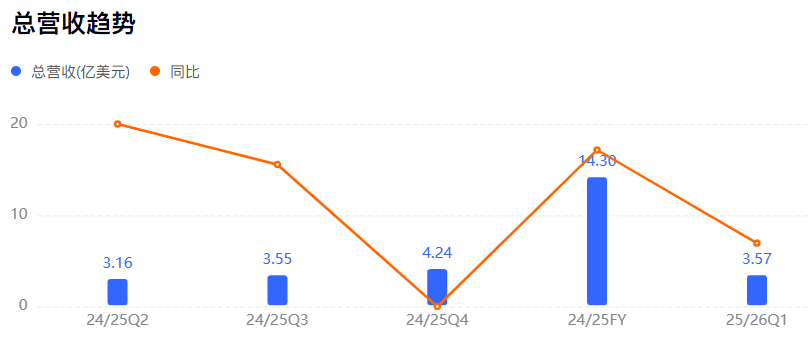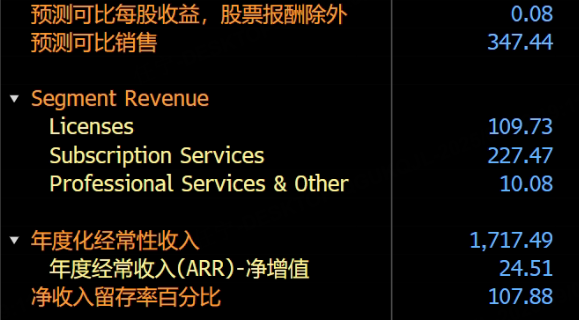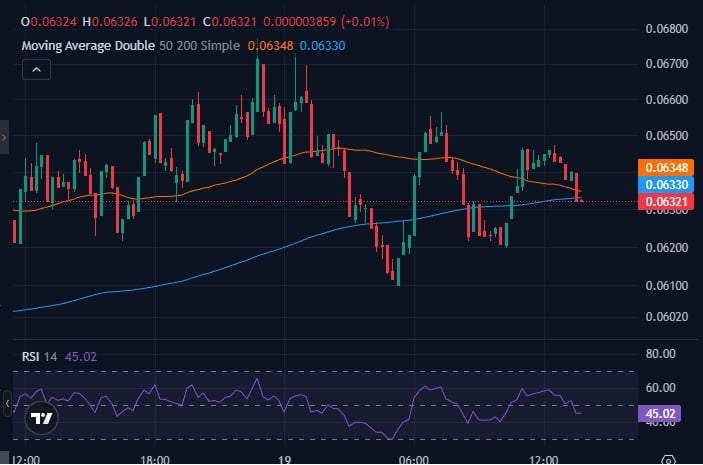Earnings Preview | UiPath's Q2 Revenue Expected to Grow, Focus on Key AI Product Development Progress
Summary: UiPath will release its fiscal 2026 Q2 results after the US stock market closes on September 4. The company has previously launched a new generation automation platform, major AI products, and entered into a partnership with Google, all of which may contribute to its performance.

Q1 Performance Review
In the first fiscal quarter, UiPath reported revenue of $357 million, a year-on-year increase of 6%; annual recurring revenue (ARR) reached $1.693 billion, up 12% year-on-year; operating cash flow reached $119 million, and non-GAAP adjusted free cash flow was $117 million.

Q2 Outlook
UiPath expects Q2 revenue to be between $345 million and $350 million. According to Bloomberg data, analysts generally expect UiPath's Q2 sales to be $347 million, with earnings per share of $0.08.
 Data source: Bloomberg
Data source: Bloomberg
Main Highlights
The impact of several key products on performance
UiPath has launched a new generation automation platform aimed at unifying AI, robots, and human employees into an intelligent system. CEO Daniel Dines described the platform's launch as "one of the most important and successful product launches in the company's history."
Additionally, UiPath has introduced UiPath Test Cloud, a revolutionary new approach to software testing that leverages advanced AI to enhance testers' efficiency throughout the testing lifecycle, achieving outstanding efficiency and cost savings.
At the Google Cloud Next 2025 conference, UiPath launched the generative AI-based UiPath Medical Record Summarization Agent, powered by Google Cloud Vertex AI and Gemini models.
Investors should pay attention to the boost these key products bring to the company's performance, as well as subsequent developments.
The impact of macroeconomics
Previously, UiPath CFO Ashim Gupta stated that the macroeconomic environment and foreign exchange headwinds have had "minimal" impact on the company. In the Q2 earnings report, attention should be paid to whether the outlook remains optimistic.
Disclaimer: The content of this article solely reflects the author's opinion and does not represent the platform in any capacity. This article is not intended to serve as a reference for making investment decisions.
You may also like
Overview of UNI Burn Proposal Voting, Lighter TGE Expectations, and Mainstream Ecosystem Trends
Revealed: Shorts Hold Slight Edge in BTC Perpetual Futures Across Top 3 Exchanges
Best Crypto to Buy Now – Midnight (NIGHT) Price Prediction

Bitcoin Faces Mounting Pressure as Analysts Eye $70,000 Support Level
